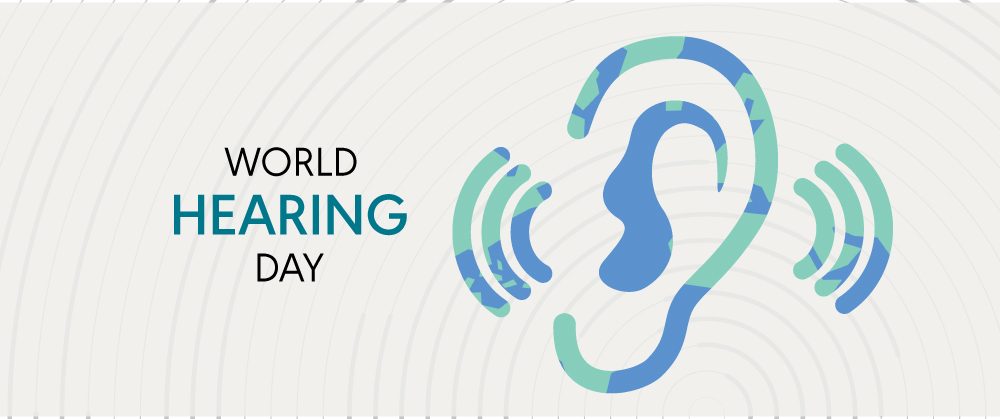Ahead of World Hearing Day, we’re highlighting six articles published in the last year to help ASHA members in their work and research. The featured articles highlight the wide range of children whom ASHA’s audiologists serve—as well as the importance of promoting hearing aid use and understanding word recognition by people who use cochlear implants.
Risk Factors and Hearing Loss in Children
Is Methotrexate Ototoxic? Investigating the Ototoxic Late Effects of Pediatric Cancer Treatment: Children who undergo treatment for pediatric cancer often experience long-term adverse health conditions attributable to cancer therapy, including hearing loss. In this study, the authors found that methotrexate—although not thought of as ototoxic—is also linked to long-term hearing loss.
Caregiver Experiences With Oral Bilingualism in Children Who Are Deaf and Hard of Hearing in the United States: Impact on Child Language Proficiency: Although best practices recommend that parents and caregivers should determine the language that a child who is deaf and hard of hearing speaks, many caregivers report that they hear other recommendations. Learn how clinicians can increase their cultural competence and follow best practices to support bilingualism and respect the wishes of caregivers.
Features of Cognitive Ability and Central Auditory Processing of Preschool Children With Minimal and Mild Hearing Loss: Even children with minimal or mild hearing loss are at risk of developmental delays in attention and verbal comprehension compared with students who have normal hearing. The authors of this article suggest that children with minimal or mild hearing loss need personalized management plans and closer monitoring—and that further research needs to be done involving this population.
Hearing Aids and Cochlear Implants
Dementia and Hearing Aid Use and Cessation: A National Study: Older adults with dementia are more likely to stop using their hearing aids, particularly in the first year of use. In this article, researchers showed that providing self-management strategies and including care partner education can help people with dementia and hearing loss improve their communication.
Prosodic Focus Interpretation in Spectrotemporally Degraded Speech by Non-Native Listeners: People with cochlear implants experience spectrotemporal degradations and can less accurately identify prosodically focused words correctly. In addition, the authors found that non-native English listeners were more strongly affected by these degradations, regardless of their English proficiency.
Changing Mindsets
This year, the theme of World Hearing Day is “Changing Mindsets.” ASHA’s audiologists and speech-language pathologists work to change mindsets every day—in the people they serve, their communication partners, and their community at large. We hope that World Hearing Day gives you an opportunity to educate someone on the important work that you do or to let people who are experiencing communication difficulties know where they find help.
Thank you so much for reading our coverage of World Hearing Day 2024! You can explore previous World Hearing Day coverage for additional resources on audiology below.







